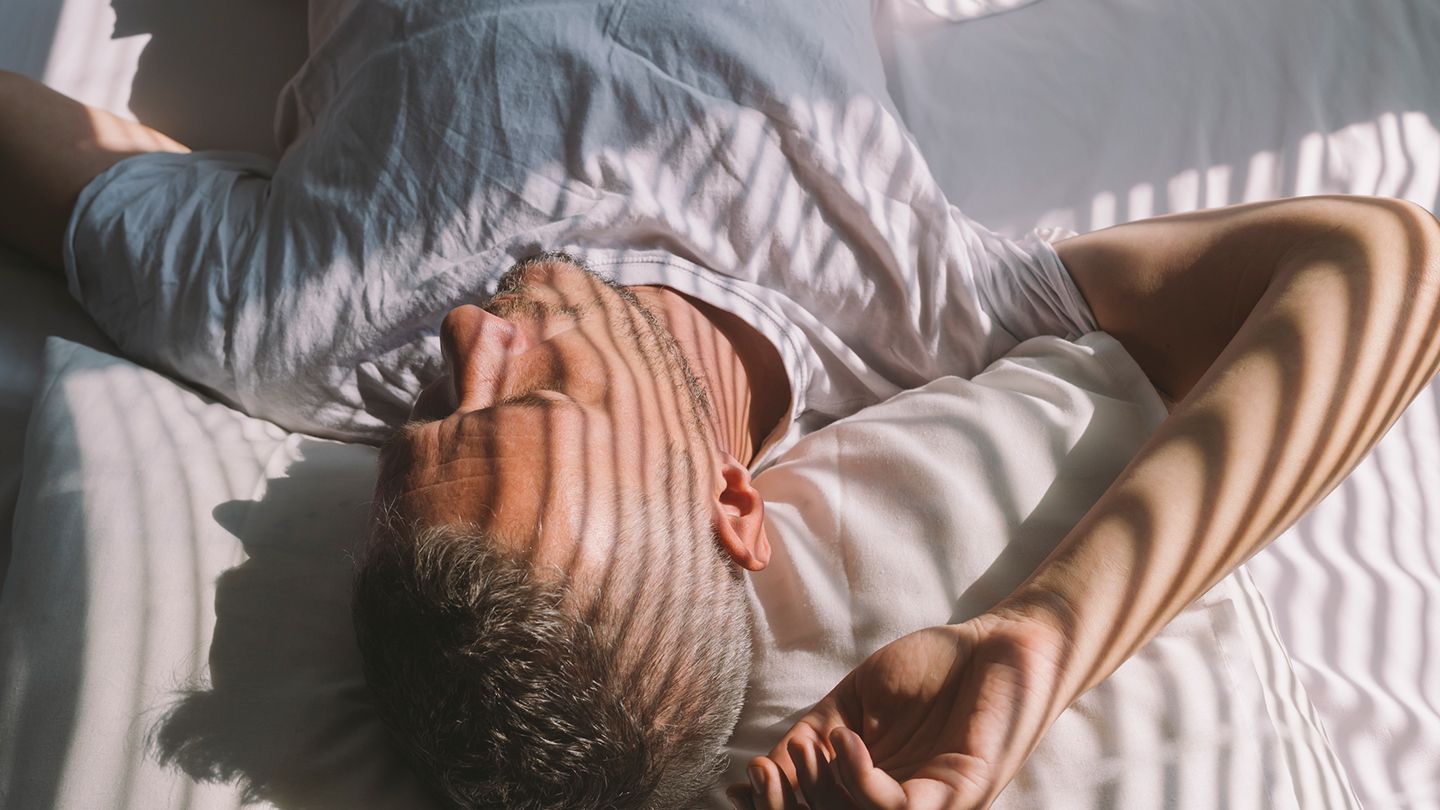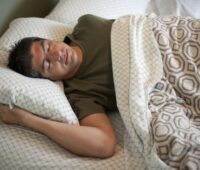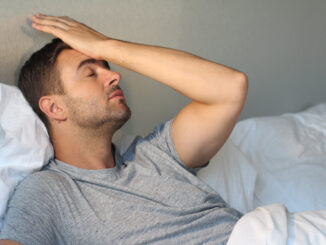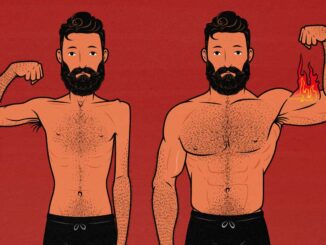

Sleep disorders are common conditions that affect the quality and quantity of sleep. They can cause daytime sleepiness, impaired concentration, mood problems, and increased risk of chronic diseases. Some of the most common sleep disorders are insomnia, obstructive sleep apnea, restless legs syndrome, narcolepsy, and circadian rhythm disorders.
Fortunately, there are many treatments available for sleep disorders, ranging from lifestyle changes to medications to devices to procedures. In this article, we will explore some of the new advances and techniques that can help you sleep better and improve your health.
New Treatment for Sleeping Disorder: Light Therapy
Light therapy is a non-invasive treatment that involves exposing yourself to bright light at specific times of the day. Light therapy can help adjust your circadian rhythm, which is your internal clock that regulates your sleep-wake cycle. By synchronizing your circadian rhythm with the natural light-dark cycle, you can improve your sleep quality and duration.
Light therapy can be especially helpful for people who have delayed sleep-wake phase disorder, irregular sleep-wake rhythm disorder, jet lag disorder, or shift work disorder. These conditions cause a mismatch between your internal clock and the external environment, leading to difficulty falling asleep or staying asleep.
To use light therapy, you need a light box that produces bright light similar to sunlight. You can also use light visors or light glasses that emit light directly to your eyes. The timing and duration of light exposure depend on your individual needs and preferences. Generally, you should use light therapy in the morning if you want to advance your sleep time (go to bed earlier and wake up earlier), or in the evening if you want to delay your sleep time (go to bed later and wake up later).
Light therapy is generally safe and well-tolerated, but it may cause some side effects such as headache, eye strain, nausea, or irritability. You should consult your doctor before starting light therapy, especially if you have eye problems, bipolar disorder, or take medications that make you sensitive to light.
Most Effective Treatment for Sleep Disorders: Continuous Positive Airway Pressure (CPAP)
Continuous positive airway pressure (CPAP) is a device that delivers pressurized air through a mask to your nose or mouth while you sleep. CPAP can prevent your airway from collapsing or narrowing during sleep, which is the main cause of obstructive sleep apnea. Obstructive sleep apnea is a condition that causes repeated pauses in breathing during sleep, leading to snoring, gasping, choking, and frequent awakenings.
CPAP is considered the most effective treatment for obstructive sleep apnea because it can reduce or eliminate the symptoms and complications of this condition. CPAP can improve your sleep quality, daytime alertness, mood, blood pressure, heart function, and overall health.
To use CPAP, you need a prescription from your doctor and a fitting session with a trained technician. You will need to wear the mask every night and adjust the air pressure to a comfortable level. You may also need to use humidifiers, filters, chin straps, or other accessories to enhance your comfort and compliance.
CPAP may take some time to get used to, but it can make a big difference in your life. Some of the common challenges of using CPAP include nasal congestion, dry mouth, skin irritation, mask leak, noise, or claustrophobia. You can overcome these issues by trying different masks or settings, using nasal sprays or lubricants, cleaning your equipment regularly, or seeking support from your doctor or a support group.














Leave a Reply
Be the First to Comment!
You must be logged in to post a comment.
You must be logged in to post a comment.